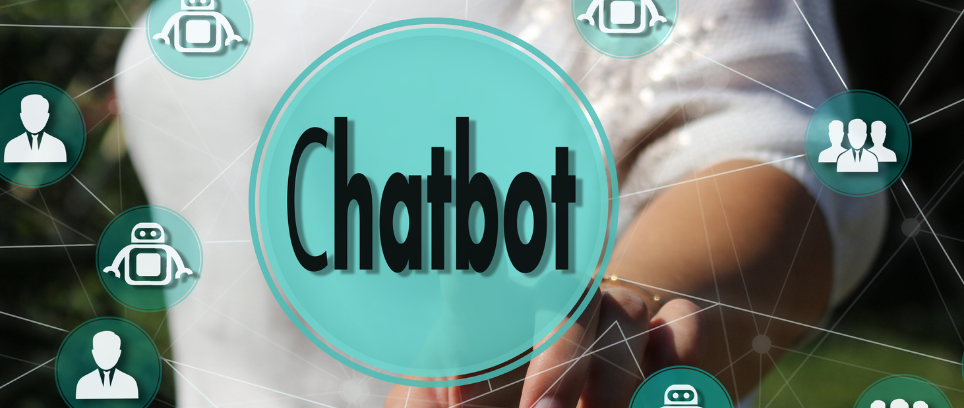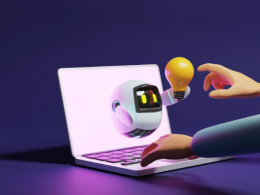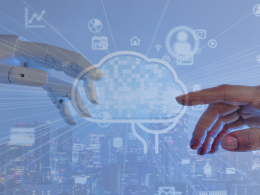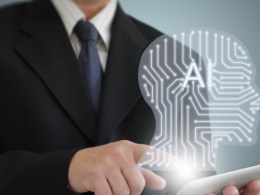Have you ever wondered how chatbots and virtual assistants seem to understand and respond to your queries so naturally?
How do they know what you mean, even when your questions aren’t perfectly structured?
The secret behind their remarkable capabilities lies in a cutting-edge technology known as Natural Language Processing (NLP).
Advancing through Natural Language Processing: Chatbots and Virtual Assistants
In this blog, we’ll embark on an illuminating journey into the world of chatbots and virtual assistants, exploring how NLP is propelling them to new heights. But before we dive into the intricacies, let’s start with some intriguing questions:
Let’s dive into each point to provide a detailed explanation of the key aspects of chatbots and virtual assistants powered by Natural Language Processing (NLP):
1. How Do Chatbots Understand Human Language?
Chatbots are not just rule-based systems but employ NLP to understand and interpret human language. NLP is a branch of artificial intelligence that equips chatbots with the ability to analyze sentences, identify keywords, and grasp the context of a user’s query.
NLP algorithms break down language structures, allowing chatbots to comprehend and respond to a wide range of inputs, making interactions more human-like.
2. Are Chatbots Really Conversational?
Yes, chatbots can engage in meaningful conversations. Thanks to NLP, chatbots are designed to hold dialogues with users, responding contextually and adapting to different conversational styles and tones.
This makes interactions with chatbots feel more natural, as they can understand not just words but also the intent and context behind the conversation.
3. Beyond Keyword Recognition: How Does NLP Enhance User Experience?
NLP goes beyond simple keyword recognition, which was common in earlier chatbots. It enhances user experiences by allowing chatbots to recognize the intent behind a user’s query, consider the context of the conversation, and even understand the sentiment conveyed.
This leads to more intuitive and satisfying interactions, as chatbots can provide relevant and context-aware responses.
4. Multilingual Mastery: How Do Chatbots Speak Your Language?
NLP-powered chatbots have the capability to converse fluently in multiple languages. NLP algorithms enable chatbots to understand and generate text in different languages, breaking down language barriers and expanding their reach to a global audience. This multilingual prowess is invaluable for businesses catering to diverse markets.
5. Personalization Precision: How Do Chatbots Tailor Responses?
NLP facilitates personalized interactions with chatbots. By analyzing user data and previous interactions, chatbots can tailor their responses and recommendations to each user’s preferences and needs. This level of personalization makes users feel valued and understood, enhancing the overall user experience.
6. The Rise of Voice Assistants: How is NLP Shaping the Future?
NLP is at the forefront of enabling voice interactions through virtual assistants and smart speakers. These devices rely heavily on NLP to understand spoken language, interpret voice commands, and provide spoken responses.
NLP is revolutionizing how we interact with technology, from voice-activated searches to hands-free customer support.
7. NLP in Industries: Where Is It Making an Impact?
NLP has applications across various industries. In healthcare, it aids in diagnosing medical conditions by analyzing patient records and medical literature. In e-commerce, it powers chatbots for customer support and enhances product search capabilities.
NLP is also employed in sentiment analysis for market research and in legal services for document analysis. It’s transforming how businesses engage with customers and make data-driven decisions.
8. Ethical Considerations: Can NLP Be Biased?
Ethical considerations are crucial in NLP development. NLP algorithms can inadvertently inherit biases present in training data, potentially leading to unfair or biased outcomes. Addressing these concerns is essential, and developers and organizations are actively working to ensure fairness, transparency, and inclusivity in NLP applications.
9. NLP in Your Daily Life: Where Do You Encounter It?
NLP is seamlessly integrated into our daily lives. Whether you use voice-activated personal assistants like Siri or Alexa, conduct online searches using natural language queries, or receive automated email responses that seem personalized, NLP plays a significant role in these interactions, making technology more user-friendly and accessible.
10. How Can You Harness NLP for Your Business?
Businesses can leverage NLP to enhance customer experiences, automate repetitive tasks, and gain valuable insights from customer interactions. By incorporating NLP-powered chatbots, businesses can provide round-the-clock support, gather customer feedback, and even analyze customer sentiment to make informed decisions and improve products or services.
Ready to dive deeper into the world of AI and data science?
Join Accredian’s Executive Program in Data Science & AI in partnership with IIT Guwahati and gain the skills you need for a thriving career.
 Pin
PinDon’t miss out on more insightful articles—explore our blog page now!






